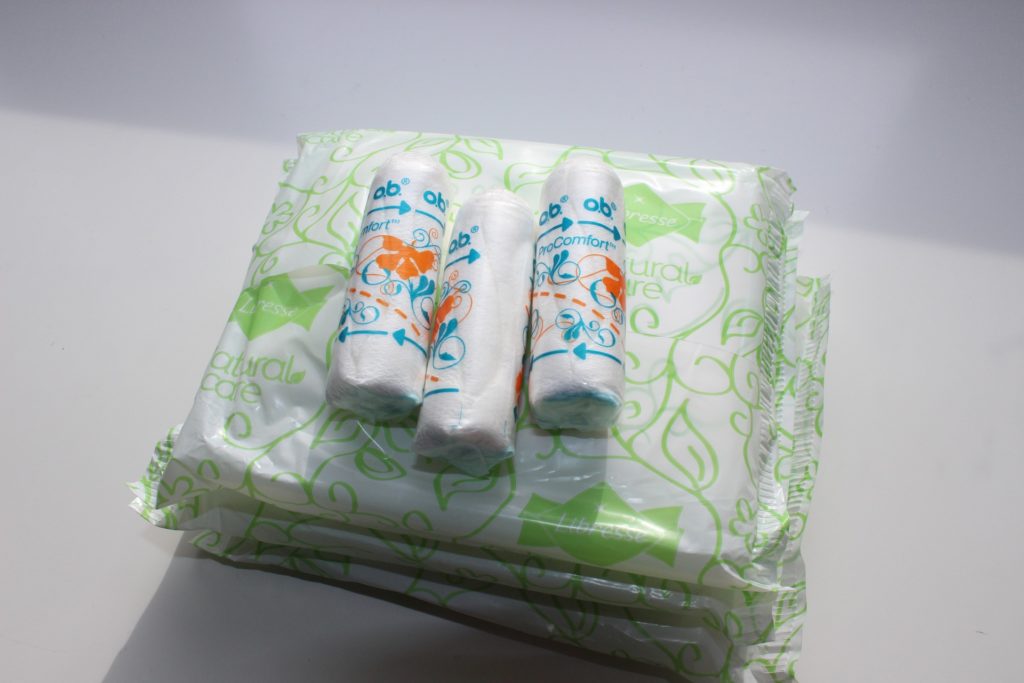Scotland is the first country in the world to make menstrual products free and accessible for all. The Period Products (Free Provision) (Scotland) Bill was unanimously passed by legislators on Tuesday, November 24.
The Bill was first introduced into Parliament on April 23, 2019, by Labour Member of the Scottish Parliament (MSP) Monica Lennon, who has been campaigning to end period poverty since 2016.
“Periods don’t stop for pandemics and the work to improve access to essential tampons, pads and reusables has never been more important,” said Lennon, according to the BBC.
The Bill’s main policy objectives are to ensure that everyone in Scotland who needs to use period products can obtain them free of charge through a “period products scheme” which the Scottish Government would have to set up.
The Bill requires primary and secondary schools, colleges and universities to make period products free in all appropriate toilets and enables Ministers to place a similar duty on other organisations. While this has been in effect in the country since 2018, the Bill will protect it.
Those using the scheme must be able to obtain period products “reasonably easily” and with “reasonable privacy” and can choose to have products delivered or collected. The scheme must also ensure that a choice of different types of sanitary products are available.
Under the Bill, Scottish Ministers must publicise the scheme and may compensate those obliged to provide free products.
The scheme is estimated to cost about £8.7m (R157 599 554) a year.
Thank you to everyone who has campaigned for period dignity and to my MSP colleagues for backing the Bill tonight.
A proud day for Scotland and a signal to the world that free universal access to period products can be achieved. #freeperiodproducts ??????? https://t.co/NC3e97jPuQ
— Monica Lennon (@MonicaLennon7) November 24, 2020
Period poverty, which is when low-income citizens cannot afford to gain access to suitable sanitary products like pads and tampons, is an issue experienced across the globe.
According to the BBC, research has found that about 10% of girls in the UK cannot afford period products, while 15% have struggled to afford them and 19% were forced to use a less suitable product due to cost.
In 2018, the Stellenbosch University (SU) Law Clinic found that about 30% of girls in South Africa miss school when they are menstruating due to an inability to afford suitable period products.
Beyond making these products freely accessible to all who need them, the hope is that the Bill will tackle period stigma and improve education. In many parts of the world, young girls miss out on days of school because of their period.
Women and girls across the world are held back by poor menstrual hygiene caused by limited access to products, a lack of education on relevant issues, persisting taboos, stigma, health and their overall social status.
On May 6, 2020, the SABS passed the first reusable sanitary standard: The manufacturer of Washable, Reusable Sanitary Towels’ South African National Standard (SANS) 1812). This collaboration was undertaken to ensure product safety. It is one of the first standards for washable sanitary pads in Southern Africa and is leading the way for other African countries to follow.
Picture: Pixabay

